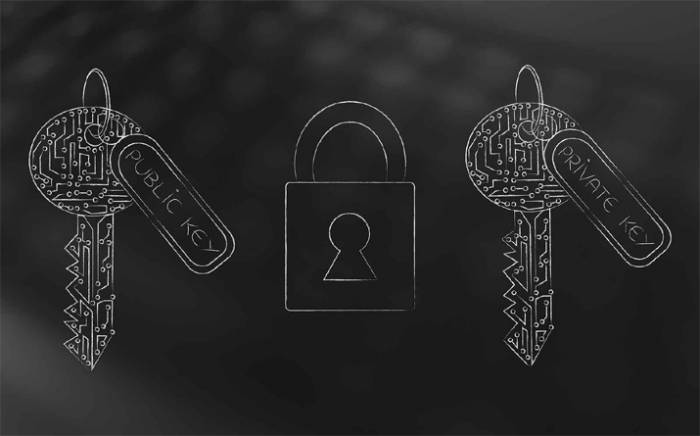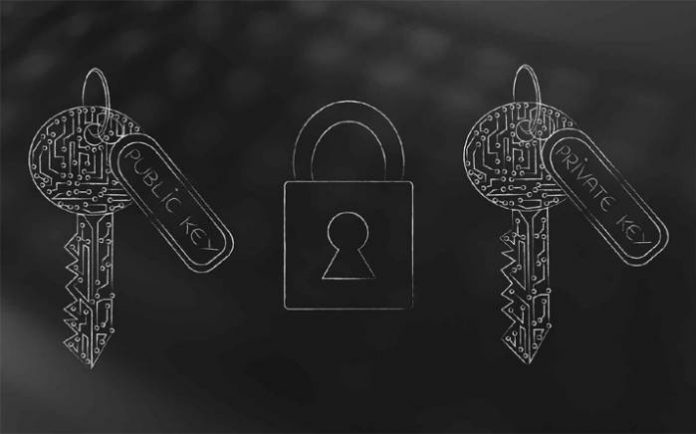Asymmetric encryption is a security method that creates an impenetrable wall around your data to protect it from unauthorized access. The two keys are essential for businesses because they offer high levels of security when dealing with sensitive information like credit card numbers or Social Security Numbers. The public one can be shared with anyone else, and the private key should remain confidential even if you’re the only person who knows how to work this system. This article will discuss the benefits of asymmetric encryption and why it is important for your business.

How Does Asymmetric Encryption Work?
With asymmetric encryption, data is encrypted with a public key and then can only be unlocked by using the corresponding private one. The strength of this system lies in how easily accessible it makes for anyone to use these keys – which should make them very careful about whom they share their information too. Asymmetric encryption is more secure than symmetric encryption because it does not require the sender and receiver of sensitive information to share their keys in advance. Instead, only one party (the sender) needs access to both keys for decryption purposes.
A digital certificate is used to verify the identity of the sender and receiver. When data is encrypted with a public key, the certificate is attached to the message so that the recipient can validate the sender’s identity.
Why Is Asymmetric Encryption Important for Businesses?
There are many reasons why asymmetric encryption is important for businesses. Firstly, it provides a high level of security for sensitive data. The use of two keys makes it difficult for attackers to hack into your system and steal your information.
With asymmetric encryption, you can create digital signatures that ensure the message has not been altered in any way. A digital certificate binds these mathematical operations together to mathematically verify who sent it and guarantee its authenticity with an authentic key matching what’s on file at their end – ensuring no one but them could’ve forged this information!
Benefits Of Using Asymmetric Encryption?
Another benefit of using asymmetric encryption is that it can help you to keep your data safe from cyber-attacks. Businesses need to protect their information from hackers because they can steal personal details such as bank account numbers or passwords which could be used fraudulently. If a hacker gains access to this type of information, it would cause financial damage and potentially damage the reputation of the company by making them appear irresponsible and unprofessional in front of customers or clients.
Asymmetric encryption is also useful for protecting sensitive business documents containing confidential information about employees’ salaries, health records, etcetera. These files need extra security measures because they are often shared amongst large networks. Many different users have access rights granted over time by administrators who don’t always know what’s being accessed.
The Potential Risks Of Not Using Asymmetric Encryption?
If a business does not use asymmetric encryption, it could risk having its data stolen by hackers or cybercriminals. Hackers can access sensitive information such as bank account numbers or passwords, which could be used fraudulently to steal money from victims’ accounts. This type of attack is known as a phishing scam. An email appears legitimate but contains malicious software designed to steal personal details about the recipient to transfer funds into their bank account. It would also cause reputational damage to companies because customers and clients might see them as irresponsible if they don’t take security measures seriously.
In conclusion, asymmetric encryption is a critical security measure for businesses and should be implemented as soon as possible to protect sensitive data from cyber-attacks. The benefits of using asymmetric encryption include high-security levels, creating a digital certificate, and data theft prevention. The potential risks of not using asymmetric encryption include damage to the company’s reputation and the risk of data theft by hackers.







































